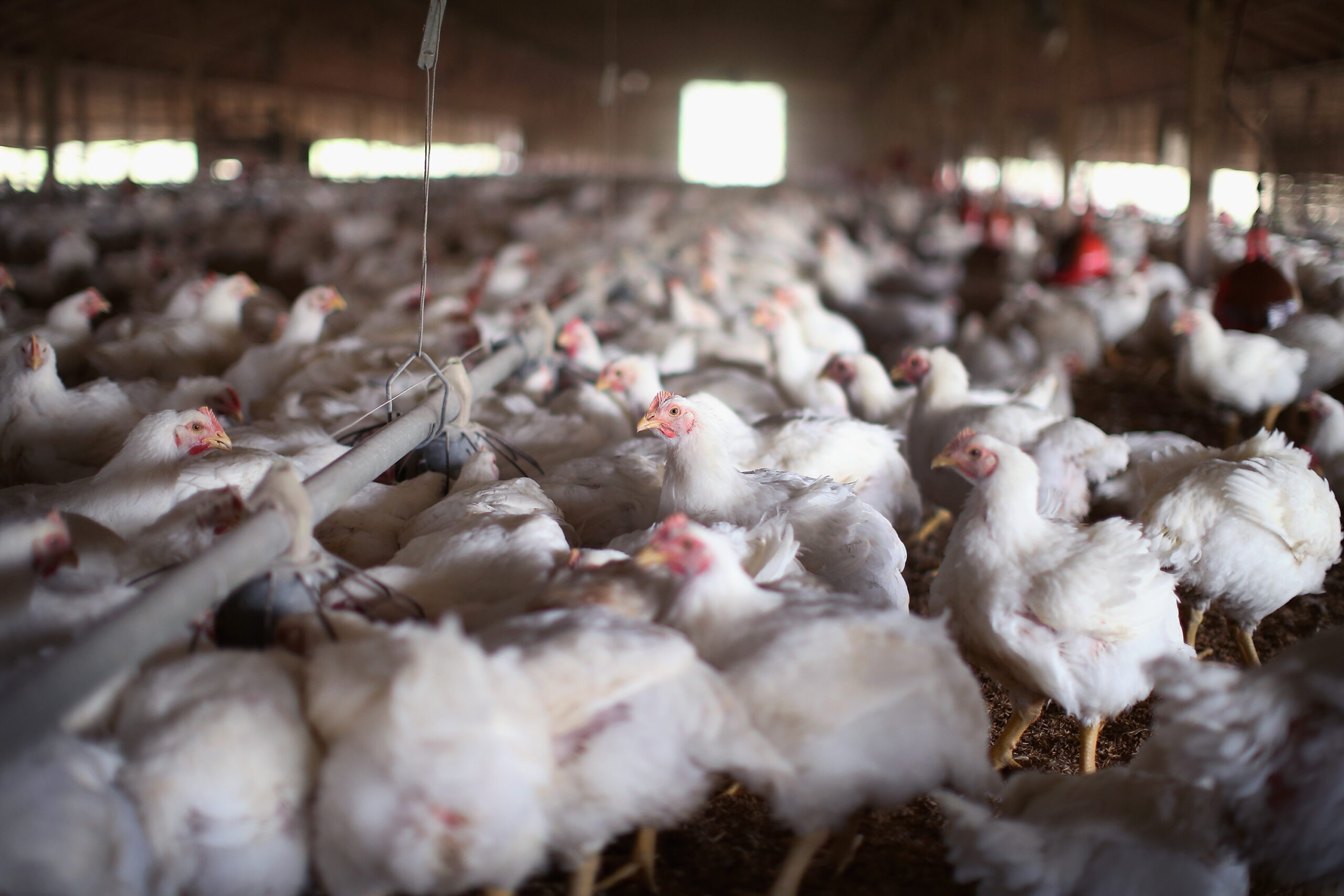New federal rule seeks to curb ‘deceptive practices’ in poultry production

Federal ag officials are poised to enact new disclosure requirements for the poultry industry to give chicken growers a better understanding of their potential profits.
The changes are meant to address some long-standing complaints by farmers who are contracted by large companies to grow chickens for meat, U.S. Department of Agriculture officials said Wednesday.
Most often, the companies are meat processors that pay farmers to grow their chickens. The companies provide the chicks, feed and medicines, and the farmers provide the facilities and labor to raise them until the birds are ready for slaughter.
The farmers are often compensated based on how efficiently they produce meat compared with other farmers contracted by the companies, and many farmers have complained to the U.S. Department of Agriculture for more than a decade that the companies have too much leverage in the arrangements and too little accountability, department officials said.
That can result in farmers making less-than-expected profits while being saddled with debt for constructing or upgrading their facilities.
“It’s high time that poultry growers get the benefit of robust transparency — upfront and ongoing — to clean up the broiler chicken market of deceptive practices,” said Andy Green, a USDA senior advisor for fair and competitive markets.
The department announced on Wednesday the first in a series of new requirements that are a result of President Joe Biden’s executive order in 2021 to increase competition in the country’s economy.
The new regulations require large live poultry dealers to disclose to farmers the earnings of their contracted growers. The dealers must also describe how they handle flock losses associated with disease and natural disasters, shortages of food and farmer complaints about food quality.
The new regulations require dealers to guarantee a minimum number of flock placements with the farmers per year and to specify the sizes of those flocks. Broiler chickens mature in about two months.
Dealers that slaughter less than 2 million pounds of live broilers weekly or 104 million pounds annually are exempt.
“It’s fair to say that, for many, many years, we’ve heard concerns from poultry growers as to whether or not the contracting and tournament system that they’re engaged in provides a level of fairness and transparency,” U.S. Secretary of Agriculture Tom Vilsack said Wednesday during a news conference.
He said the new regulations are being imposed under the Packers and Stockyards Act of 1921, the purpose of which is to protect farmers from unfair and monopolistic practices. They are expected to go into effect in late January.
Consolidation in the meatpacking industry gained renewed focus during the coronavirus pandemic, when large processing facilities were forced to temporarily close and some livestock producers had nowhere to sell their animals. Federal officials have said that a handful of large companies control about 85% of the beef market, 70% of the pork and more than 50% of the chicken.
This story first appeared in the Iowa Capital Dispatch, a sister publication of Maryland Matters within States Newsroom.




 Creative Commons Attribution
Creative Commons Attribution